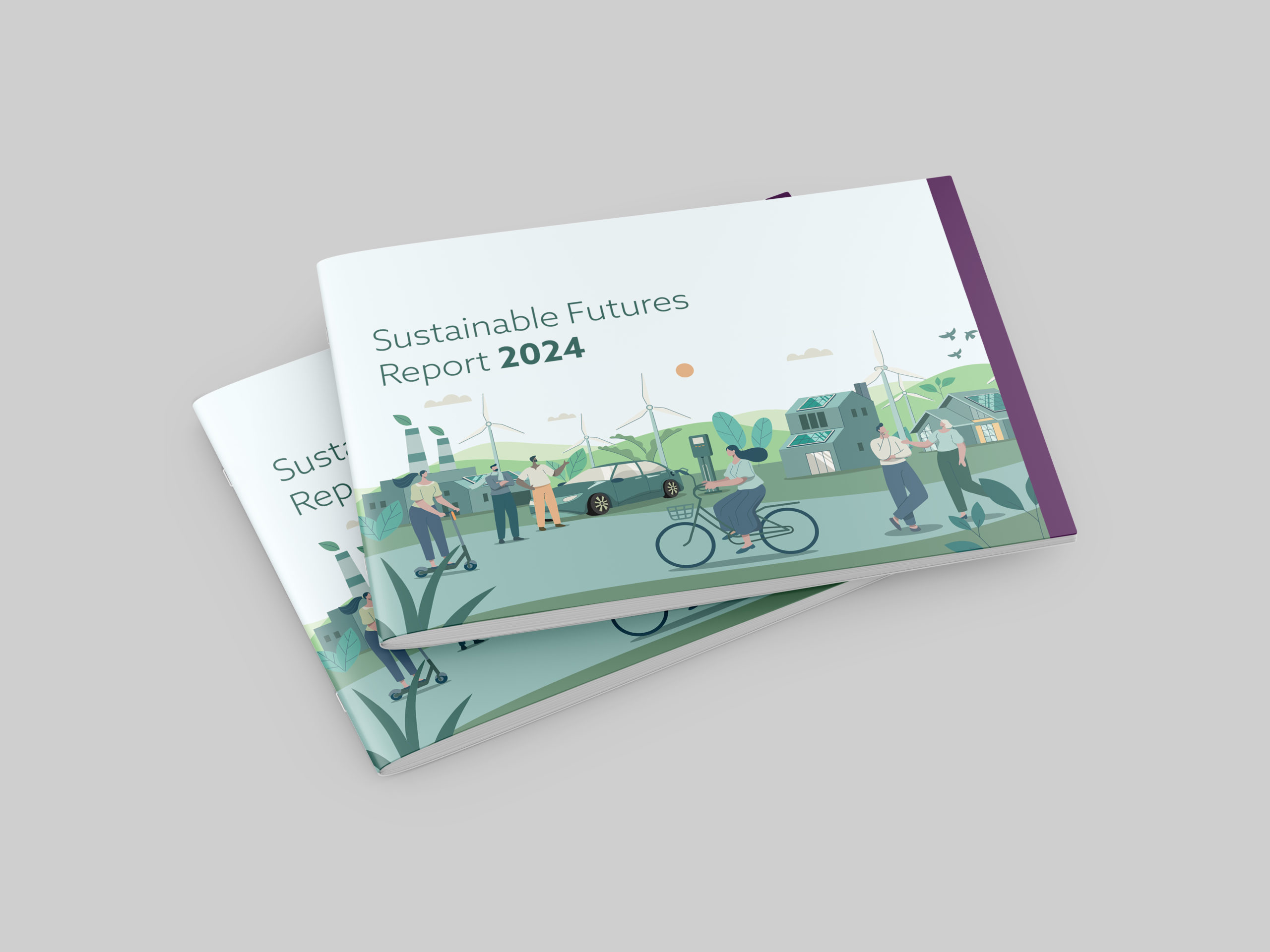
NBS (powered by Hubexo), a leading specification and product information platform for the construction industry, has revealed further findings from its ‘Sustainable Futures’ report – a study aimed at understanding sustainability attitudes and protocols within the construction sector.
The research found that despite motivation from most construction professionals to deliver sustainable outcomes – less than half manage to achieve them within a project.
The study, which surveyed almost 600 people working within the built environment, found that fewer people are reporting achieving sustainability targets on projects, compared to those in its 2014 Sustainability Report.
Respondents were also quizzed on the number of projects that had received clear sustainability targets within the past year. Promisingly, almost 90% had worked on at least some projects where sustainability goals had been included, whilst almost half (48%), said projects had had sustainable outcome targets ‘most of the time’. However, drilling into the figures, just 16% said they work on projects with set sustainability targets ‘all of the time’, showing a need for improvement when goal-setting at the start of each build.
NBS is part of Hubexo, formerly known as Byggfakta Group, which provides cutting-edge data, insights, and software solutions to the global construction industry. As part of the study, NBS also wanted to explore some of the barriers to achieving sustainability to find out how standards can be improved.
When identifying the main barriers to success, two-thirds stated that the cost of achieving sustainability was the main cause (63%) and that a lack of client demand (50%) was a major driver. Another concern was the view that sustainable products are being ‘value engineered’ out, suggesting a suspicion around value for money – 41% said this was a barrier. 36% also stated that lack of government policy and regulation was an issue.
Interestingly, there were some differences of opinion when it came to responsibility and project roles, depending on the audience in question. For architects, lack of government regulation is a particular barrier.
There were also some surprises in terms of the sustainability ‘priorities list’. ‘Embodied carbon’ ranked fourth, with ‘Net zero operational carbon’ taking the top spot. However, this is likely due to legislation covering operational efficiency but not embodied carbon. When asked to rank the importance of the life cycle analysis stages from environmental product declarations, embodied carbon took first place.

The report also touched on the role manufacturers play in helping architects achieve low-carbon outcomes. Nine in ten (93%) agreed that a robust specification is important for achieving sustainable outcomes. Within that, nearly all architects (94%) agree that manufacturers should supply digital information on the green credentials of their products to boost their chances of specification.
Dr Lee Jones, Head of Sustainability at Hubexo, the global construction tech firm NBS is part of, said: “Climate change is a global issue of utmost importance, and construction has a major role to play. It’s important to get a real understanding of how seriously sustainability is being taken within construction. Our research has identified the most common perceived barriers to progress, but arguably the largest barrier is our industry as a whole. It’s down to all of us to implement the solutions.
“At Hubexo, digital solutions are our speciality – the findings from this report are extensive and will help us tailor our NBS content to improve knowledge and education around sustainability in the coming months.”
Download the NBS Sustainable Futures Report 2024.
Read the CIBSE Journal article on the Report here: More professionals now work on net zero projects – CIBSE Journal
